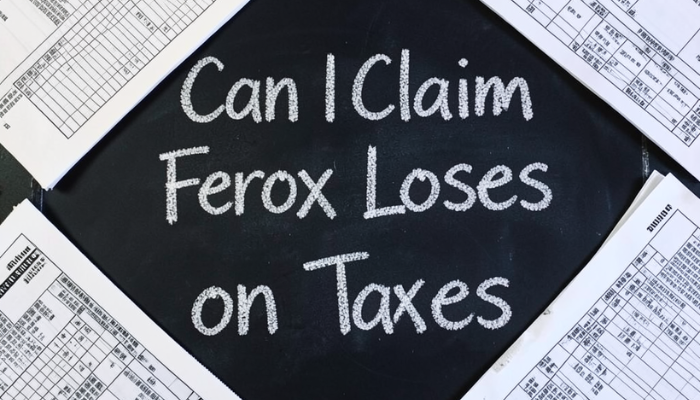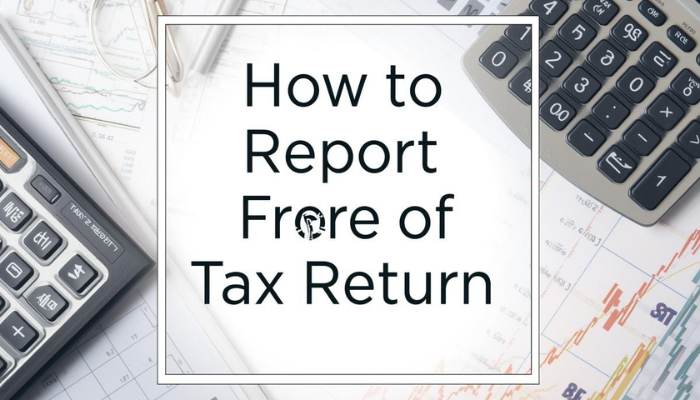
Do I Have to File a Nonresident State Tax Return?
Navigating the complex world of taxes may be perplexing, especially when it comes to knowing your duties in multiple states. One of the most emphasized concerns is: Do I have to file a nonresident state tax return?
The answer? Well, it depends on a variety of factors. But there’s no need to worry because our best tax consultant Houston presents a detailed explanation regarding each relevant aspect.
The Importance of Residency Status
The first and foremost factor in determining, ‘Do I have to file a nonresident state tax return?’ is your residential status in a particular state. Usually, your residence status is divided into three categories:
- Resident
- Nonresident
- Part-year resident
A resident typically pays taxes on all income produced inside that state. However, a nonresident generally pays taxes solely on income derived from sources within that state.
Emphasizing Your Income Source
Wages received in the state, rental income from properties, and earnings from enterprises operating inside the state are familiar sources of such revenue. If you have received money in a specific state but are not a resident, you may still need to submit a nonresident tax return.
Charge Deal and Correspondence Arrangements
Charge deals and correspondence arrangements between states could impact whether you should record an alien state government form. These agreements frequently include exclusions or changes to tax duties for people who work or live in one state but earn money in another. Understanding these agreements can help you determine your tax responsibilities more correctly.
Employment & Remote Work
With the development of remote employment, many people now work for firms headquartered in states other than their own. This scenario may complicate tax duties by necessitating filing in both the state of residence and the state where the income was generated.
However, several states have implemented temporary waivers or adaptations owing to pandemic-related remote work scenarios.
Double Taxation Concerns
The notion of being taxed by various jurisdictions for the same income might be overwhelming. To address this issue, several states provide tax credits to people for taxes paid to another state, avoiding double taxation. Understanding these tax credit procedures is critical to avoid overpaying taxes.
Filing Requirements
The method for submitting a nonresident state tax return may differ from that of filing an average resident tax return. You may need to get particular paperwork for nonresident filings that show your income received in that state. Seeking our tax advisor services and utilizing trustworthy tax software can shorten the process and ensure proper filing.
Penalties for Noncompliance
Failure to file the mandatory nonresident state tax return may result in fines and interest on unpaid taxes. Even if you must fulfill the filing requirements, research the state’s tax regulations or seek our assistance to avoid any consequences.
The Bottom Line
Understanding the necessity to answer, ‘Do I have to file a nonresident state tax return?’ is determined by various criteria, including residency status, income sources, individual state regulations, tax treaties, and reciprocity agreements. Understanding the complexities of tax regulations or obtaining our expert guidance to assess your responsibilities, ensure compliance, and avoid severe fines is critical.


